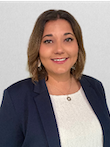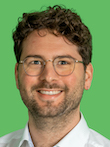
Swiss Summer School 2022
Chemical Biology

Swiss Summer School 2022
Chemical Biology
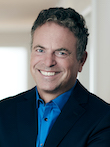
Dr. Ingmar M. Hoerr, Founder of CureVac, Tübingen (Germany); Keynote Lecture
(We regret to inform you that Dr. Hoerr is unable to join the Summer School)
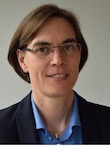
Prof. Claudia Höbartner, Julius-Maximilians-University Würzburg, Würzburg (Germany)
Claudia Höbartner studied chemistry in Vienna and in Zürich, and earned a PhD degree from the Leopold-Franzens-University Innsbruck in 2004. After postdoctoral research at the University of Illinois at Urbana-Champaign with an Erwin Schrödinger fellowship, she was supported by the Hertha Firnberg career development program of the Austrian Science Fund. In 2008, Claudia joined the Max Planck Institute for biophysical Chemistry in Göttingen as a research group leader. In 2014, she was appointed professor for biomolecular label chemistry at the faculty of chemistry at the Georg-August-University Göttingen. Since July 2017 she holds the Chair of Organic Chemistry I at the Julius-Maximilians-University Würzburg. Her research interests include the synthetic, biomolecular and structural chemistry of natural and artificial nucleic acids, with a focus on natural RNA modifications and in vitro selection of ribozymes and deoxyriboyzmes.
https://go.uniwue.de/hoebartner-group
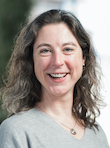

Dr. Jean Quancard, Novartis Institutes for Biomedical Research, Basel (Switzerland)
Jean Quancard studied Chemistry at Ecole Normale Superieure in Paris and continued with a PhD in Chemical Biology at University of Pierre et Marie Curie. In 2004, he moved to Stanford University in the US for a Postdoc with Pr. Barry Trost. Jean joined Global Discovery Chemistry at Novartis in 2006 and since then worked in several therapeutic areas such as autoimmunity, oncology, ophthalmology and neuroscience. Currently, he is a Director and Head of Chemistry for the Musculoskeletal disease area. Jean is also a visiting lecturer in Drug Design at EPFL in Lausanne and leads the working group on Best Practices in Medicinal Chemistry for the EFMC.
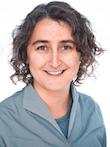
Prof. Andrea Rentmeister, Westfälische Wilhelms-Universität Münster, Münster (Germany)
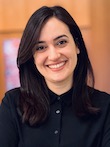
Dr. Tamara Reyes-Robles, MSD Exploratory Science Center, Cambridge (MA, USA)
Tamara obtained her PhD in Microbiology from New York University in 2015, where she focused on the identification of cellular receptors for Staphylococcus aureus’s leukotoxins and assessing their roles in pathogenesis, followed by a postdoctoral fellowship in Microbiology at Tufts University evaluating decoy mechanisms employed by Vibrio cholerae to protect itself from phage predation. She then joined MSD at the Merck Exploratory Science Center in Cambridge, MA in 2017, where she is currently a member of the experimental and chemical biology team developing a cellular chemistry-based platform to profile cellular microenvironments and enable target identification. In her young career, Tamara has co-authored over 15 publications, 2 patents, and has presented her research at numerous conferences.
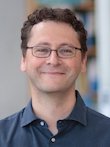
Prof. Edward Tate, Imperial College London, London (UK); Opening Lecture
Ed is Professor of Chemical Biology at Imperial College London and a Satellite Group Leader at the Francis Crick Institute. He leads a team of over 60 scientists across Imperial and the Crick working on novel tools to understand and manipulate living systems, with a focus on drug target discovery and validation. Ed undertook his Ph.D. in organic chemistry and methodology at the University of Cambridge under the guidance of Prof. Steve Ley and then worked with Prof. Sam Zard at Ecole Polytechnique (Paris), supported by a 1851 Research Fellowship, on radical chemistry and natural product total synthesis. The award of a Howard Trust Research Fellowship enabled him to study molecular microbiology and the role of DNA secondary structure in transcriptional activation with Dr Annie Kolb at the Pasteur Institute (Paris) and he moved to Imperial College London in 2004 to work on protein chemistry and chemical biology. In 2006 he was awarded a BBSRC David Phillips Research Fellowship and appointed to Chair of Chemical Biology in 2014. Ed is a Fellow of the Royal Societies of Chemistry (FRSC) and of Biology (FRSB), and Director of Imperial’s Centre for Drug Discovery Science. He sits on the Scientific Advisory Boards of several research institutes and biotech companies, and he is the founder of Myricx Pharma, a drug discovery company recently established to translate novel findings from his lab.
Dr. Christoph Boss, Senior Vice President, Head of Drug Discovery Chemistry, Idorsia Pharmaceuticals Ltd.
Dr. Christoph Boss completed his PhD in synthetic organic chemistry at the University of Bern (Prof. Reinhart Keese), Switzerland followed by post-doctoral training at The Scripps Research Institute (TSRI; Prof. Julius Rebek, Jr.) in LaJolla, California, USA.
From 1999 until 2012, he had various positions of increasing responsibility in Actelion's drug discovery chemistry department contributing to the identification of several lead compounds including macitentan (Opsumit) for PAH and daridorexant for insomnia. From November 2012 to June 2017, he was the Senior Group Leader Chemistry Technologies at Actelion Pharmaceuticals Ltd. He joined Idorsia when the company was established in June 2017 as the Senior Group Leader in Drug Discovery Chemistry, Oncology. He was appointed Head of Drug Discovery Chemistry and member of the Idorsia leadership team in July 2019. In 2019, Dr. Christoph Boss received the SCS Industrial Science Award from the Swiss Chemical Society. He is a co-inventor on more than 100 published patent applications and co-author on more than 50 papers, abstracts, book chapters, commentaries, editorials and reviews.
http://Idorsia.com
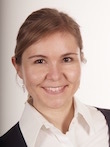
Dr. Erika Lüthi, R&D-Chemist and Project Manager, Valsynthese SA (Société Suisse des Explosifs Group)
Dr. Erika Lüthi obtained her PhD in the research group of Prof. J.-L. Reymond, University of Bern, in organic synthetic chemistry. The synthesis of aspartate, glutamate and dipeptide analogues formed part of a bigger project together with cheminformaticians and chemical biologists to discover new active compounds mainly for the NMDA receptors. Following a postdoctoral fellowship in Oxford (Prof. V. Gouverneur) on Selectfluor analogues until 2012, and, after working on a KTI-project in materials chemistry (UV varnishes, Böhme AG, Bern), she joined Valsynthese SA in 2014. As an R&D-chemist and project manager she has been the technical leader of many R&D projects for small molecule products and intermediates in ISO- and GMP-quality. Besides planning and supporting synthetic work in the laboratory, she is responsible for process safety. One focus of Valsynthese in recent years have been nitration and phosgenation projects. Other (co-)responsibilities include technology transfer to production and general project management.
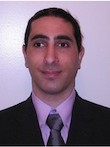
Dr. Daniel Latassa, Project Manager Valsynthese SA (Société Suisse des Explosifs Group)
As a Ph.D. student in the group of Prof. François Diederich at ETH-Zürich and coworker at Novartis’ Crop Protection, Dr. Daniel Latassa had the possibility to explore interdisciplinary fields such as heterogeneous catalysis, supramolecular chemistry, as well as solid phase synthesis in an inspiring and interactive working atmosphere. In 2004, after postdoctoral studies at the Université de Montréal with Prof. André B. Charette, and the Université de Fribourg with Prof. Christian Bochet, he accepted a position of project leader at Polyphor Ltd. In Allschwil. After two years of exciting chemistry, he moved to Lonza Ltd. in Visp, where he was a project leader in the field of peptides and oligonucleotides. Three years later, he took the opportunity to teach science in different schools during his Master studies at the Pedagogy College in St-Maurice. Since 2014, he has been working for Valsynthese, first as senior chemist in process development, and now as project manager.
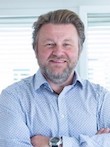
Dr. Markus Löweneck, Head of Research & Development, Senn Chemicals AG
Dr. Markus Löweneck started his career by studying chemistry at the Ludwig-Maximilians-University of Munich (LMU), Germany. For his PhD he joined the Bioorganic Chemistry Group of Prof. Luis Moroder at the Max Planck Institute of Biochemistry in Martinsried, Germany, focusing on the synthesis and characterization of photo-switchable peptides. After his formal graduation at the Technical University of Munich (TUM), Germany, he subsequently completed a postdoctoral fellowship at the Swiss Federal Institute of Technology Zürich (ETH), Switzerland, with Prof. Seebach, with emphasis on the synthesis of unnatural amino acids and peptides. Recruited as a research scientist at Senn Chemicals AG in 2006, Markus quickly demonstrated his technical acumen and management abilities. He currently leads all research and development programs for Senn.

Dr. Mark Schäfer, Senior Group Leader R&D, Bachem AG
Mark studied Biomedical Chemistry at the Johannes Gutenberg University in Mainz. In 2010, briefly after starting his PhD in synthetic Polymer Chemistry, the research group relocated from Mainz to the University of Fribourg. The focus of Mark’s research on the synthesis of multifunctional polymers led to their application in interdisciplinary areas of research such as neurotransmitter analysis or bio-imaging. Since joining Bachem as a research chemist in 2015, Mark has held positions of increasing responsibility within Bachem R&D, mainly specializing on the Process Development of peptidic APIs. Currently, he is a Senior Group Leader contributing to the evaluation and implementation of New Technologies within the Bachem group.
